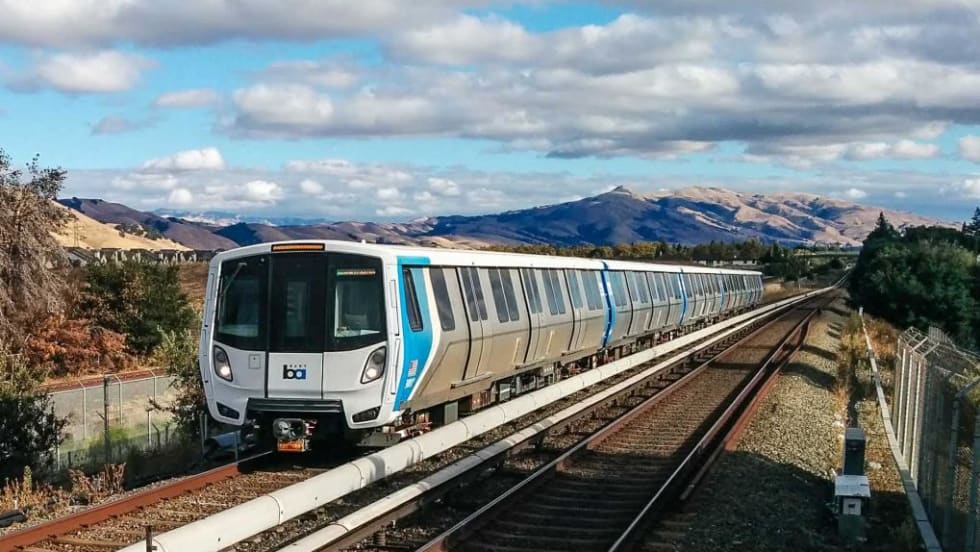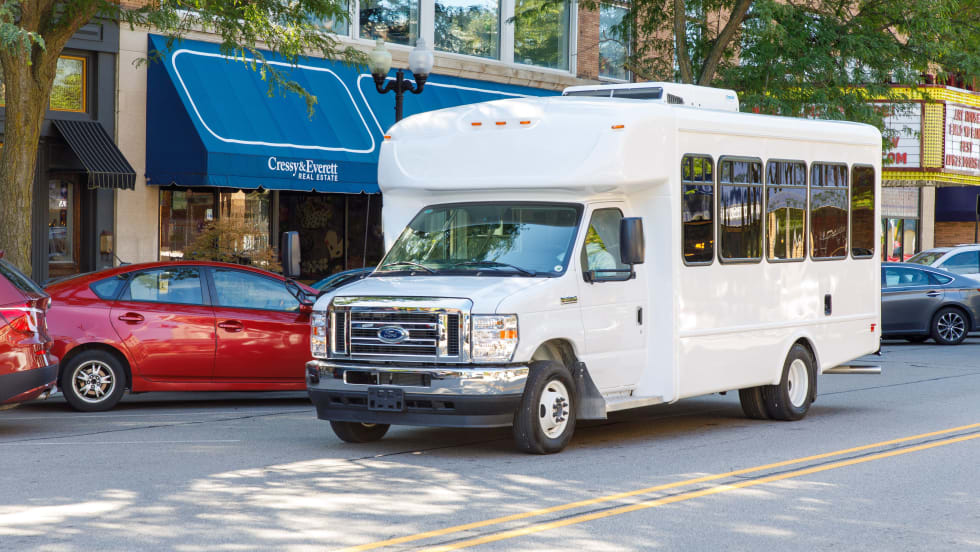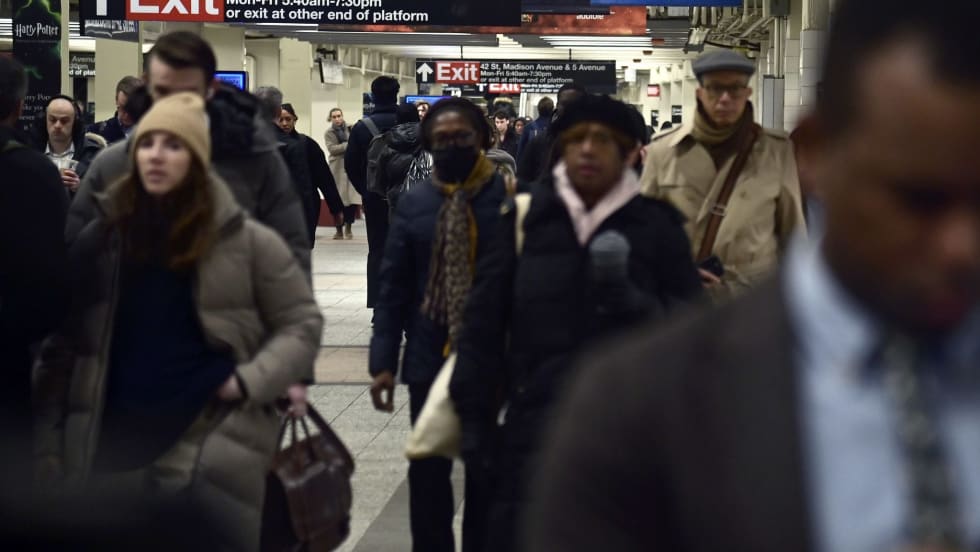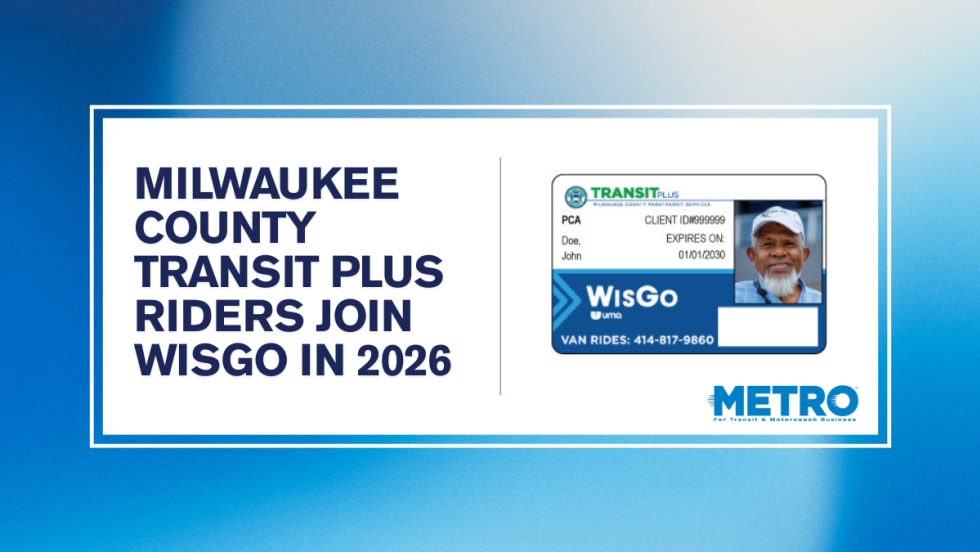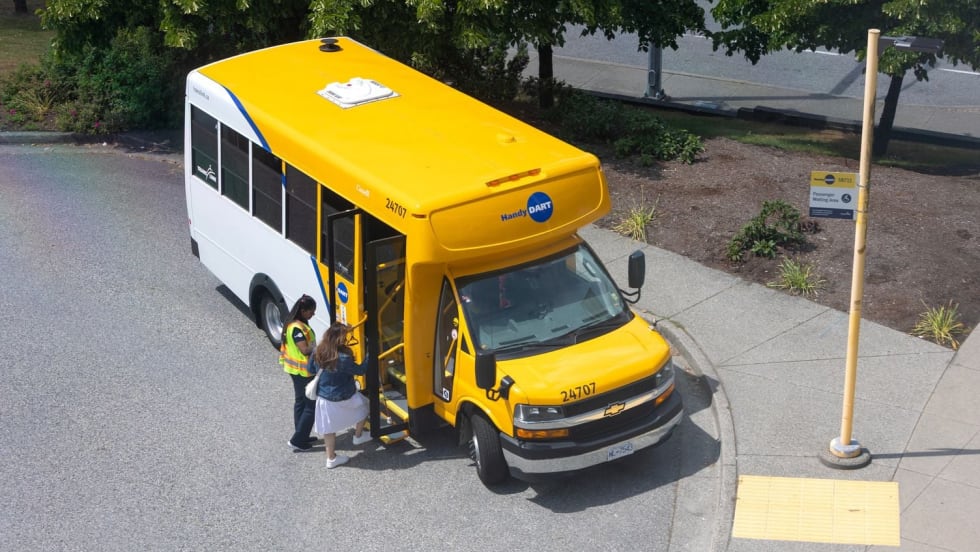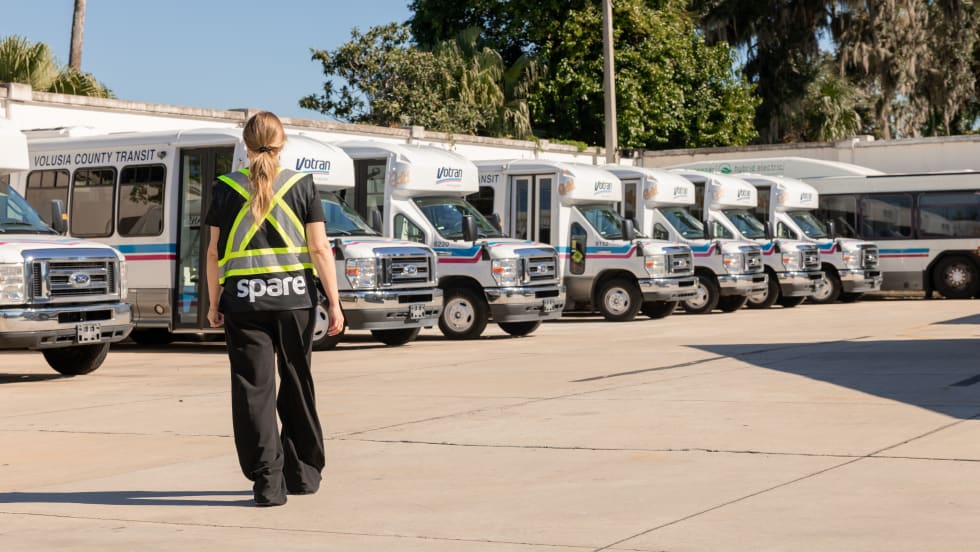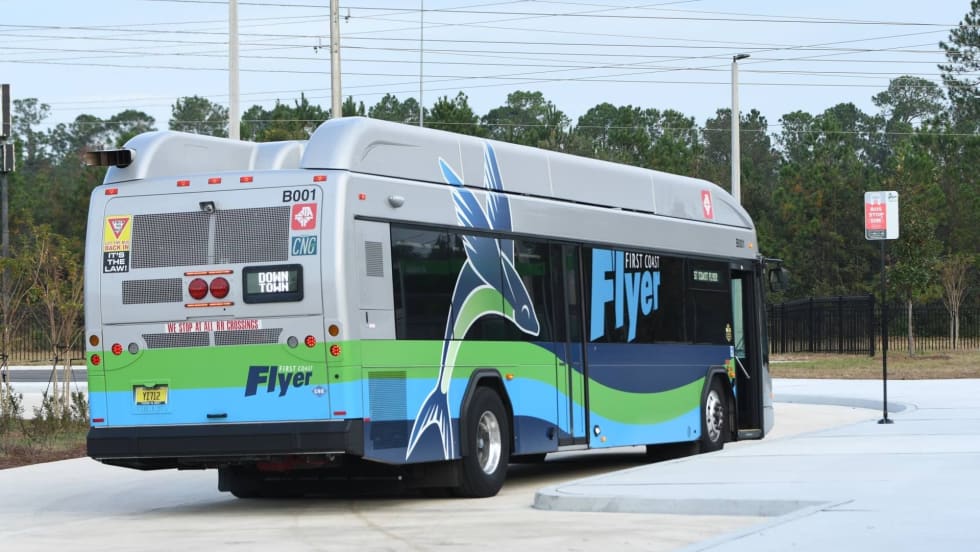New York Gov. Kathy Hochul announced the Metropolitan Transportation Authority and accessibility advocates reached a class action settlement agreement that affirms the MTA's commitment toward accessibility in the subway system.
The agreement will resolve two class action lawsuits (Center for Independence of the Disabled, New York, et al. v. Metropolitan Transportation Authority, et al. No. 153765/2017 (N.Y. Sup. Ct. N.Y. Co.) and De La Rosa et al. v. Metropolitan Transportation Authority et al. No. 19-cv-04406 (ER) (S.D.N.Y.)), and is subject to court approval, a notice period where class members will have the opportunity to comment, and a fairness hearing. Under the terms of the agreement, the MTA will add elevators or ramps to create a stair-free path of travel at 95% of the currently inaccessible subway stations by 2055.
The announced agreement builds on the authority's ongoing mission to enhance accessibility throughout the subway system at an accelerated pace. The MTA has completed accessibility projects at 15 subway stations across four boroughs since 2020, all while the authority was dealing with a dire financial crisis brought on by the COVID-19 pandemic. The MTA has awarded contracts for another 22 stations and has an additional 13 station projects in procurement.
"This is a seminal moment for accessibility in the New York City transit system,” said MTA Chief Accessibility Officer and Senior Advisor Quemuel Arroyo. “For far too long, the MTA and accessibility advocates have appeared at odds over a goal that we in fact share, making the transit system fully accessible. This settlement is not just the unveiling of a gameplan, but the start of a closer collaboration between the MTA and advocates to achieve our shared goal, to ensure that everyone has the ability to ride mass transit without needing to plan around accessible stations."
As part of the agreement reached with accessibility advocates, the MTA has committed, subject to extensions of time based on funding commitment caps and other contingencies, to procure contracts to make accessible 81 stations by 2025, another 85 stations by 2035, another 90 stations by 2045, and the last 90 stations by 2055.
The MTA has 472 subway stations and including 21 Staten Island Railway (SIR) stations, has 493 stations in the transit system. Of those, 131 are fully accessible to customers with disabilities, via elevators and ramps, including five Staten Island Railway stations. There are more than one million people with a disability living in New York City, more than 1.5 million over the age of 65, and approximately 250,000 children under the age of two whose families need to navigate New York City with strollers.





